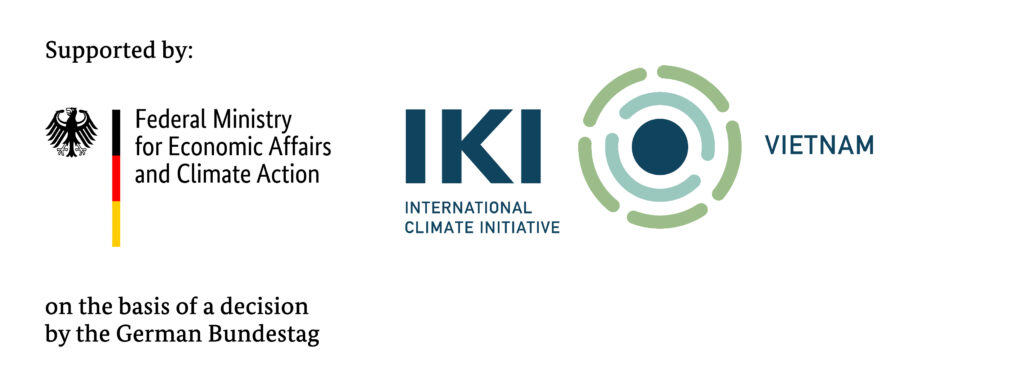A young and growing population in Vietnam means there is a huge demand for new housing, especially amongst young urban families. Following the success of previous social housing programmes, the Vietnamese Ministry of Construction (MOC) is preparing a new National Housing Programme for affordable, low-carbon housing for mid-income households. For this new programme, the Ministry wants housing solutions to be highly energy efficient. This will reduce greenhouse gas emissions and contribute to the country’s Nationally Determined Contribution (NDC) targets, while reducing energy bills for households.
The new programme aims to introduce basic standards for energy efficiency, including improved building design and highly efficient air conditioning, to stimulate supply and demand through:
- Green loans to mid-income households with a duration of up to 15 years (market demand).
- Green credits to energy efficient housing investors within a term of 3-5 years (market supply).
To support the Ministry of Construction in its efforts, the IKI-funded Programme for Energy Efficiency in Buildings (PEEB) conducted a technical feasibility study analysing the specific needs in this sector as well as appropriate financing schemes. Accordingly, if implemented at full scale, the programme could benefit 25,000 people residing in around 6,240 green apartments. Total energy savings over the lifetime of the programme would amount up to 643 GWh, equivalent to 524.459 tons of CO2. The long-term sustainability of the Green Housing Programme depends on long-term domestic financing such as Green Bonds.
The French Development Agency AFD – the financial implementation partner of the PEEB – is very interested in providing financial assistance for implementation of the Green Housing Programme.
In addition, and to channel international climate finance to the Vietnamese housing sector, GIZ cooperation projects SIPA and PEEB supported MOC to develop a proposal to the NAMA Facility for a Housing NAMA Support Project.
